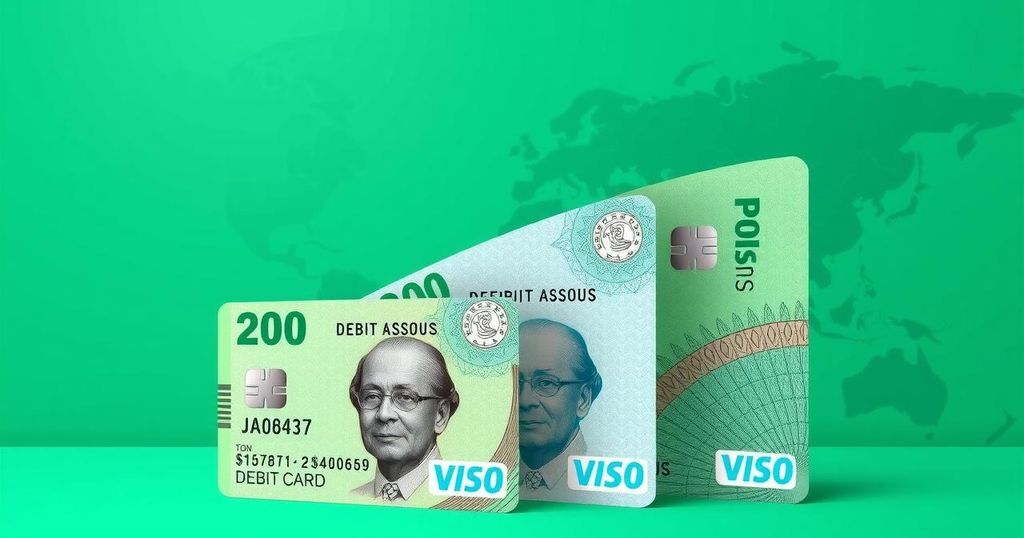Naira Debit Cards Go Global Again, Renewing Hope for Nigerians
- Naira debit card usage has resumed for international transactions after three years.
- GTBank announced a limit of $1,000 per quarter for these transactions.
- Many banks set a maximum limit of $500 monthly for naira debit cards usage internationally.
- The local currency, naira, has gained almost N9 against the dollar recently.
- Central Bank reforms are aimed at stabilizing the economy and boosting foreign exchange liquidity.
Resumption of Naira Debit Cards for International Use
A significant moment for Nigerians occurred on Monday when it was announced that naira debit cards can now be used for international transactions once more, ending a challenging three-year suspension. This development has encouraged many who previously faced difficulties in paying for their international subscriptions due to the prior restrictions. With some relief that has been long awaited, many in Nigeria can finally engage with their usual global online services without restrictions.
Bank Limits on Naira Debit Card Usage Abroad
On Monday, GTBank revealed its customers can now use naira debit cards for up to $1,000 per quarter for various payments, including online purchases and ATM withdrawals internationally. Meanwhile, Stanbic IBTC has introduced a cap of $500 monthly for local credit card transactions abroad. Other banks have followed suit with similar restrictions, including First Bank and Wema Bank, both issuing a $500 monthly cap on their naira debit cards, offering a fresh sense of user convenience for international spending.
Impact on Currency Value and Economic Conditions
The resumption of these debit cards comes on the heels of a noticeable improvement in the local currency’s value, which has gained almost N9 against the dollar following this news. Data from the Central Bank of Nigeria reflects the naira trading at approximately $/1520.74 recently, having opened the year at a much lower rate of $/1,535.82. This uptick in value is largely attributed to increased foreign inflows as a direct response to recent central bank reforms aimed at stimulating economic stability from the external pressures.
In conclusion, the recent announcement regarding the use of naira debit cards for international transactions is a major development in Nigeria’s financial landscape. This resumption is not only a lift for citizens who struggled under previous restrictions but also signals a recovering local currency and economic optimism. With ongoing reforms and improvements in the foreign exchange market, Nigeria appears to be on a sustained path toward financial recovery and potential growth.




Post Comment